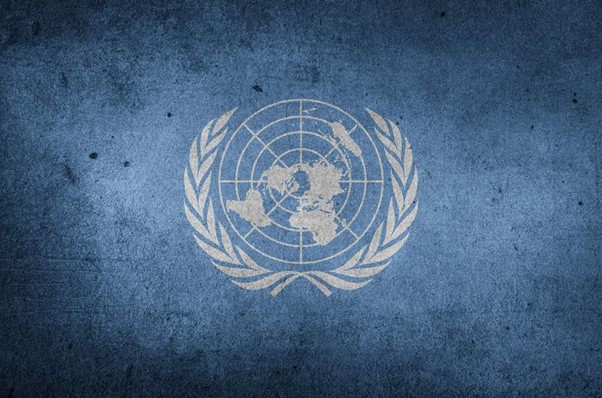Photo: Chickenonline/Pixabay
The UN World Food Programme (WFP) decided to temporarily suspend humanitarian flights in North Kivu and neighbouring Ituri province.
On Monday the United Nations (UN) announced that it was suspending humanitarian flights across the Democratic Republic of Congo after one of its helicopters came under attack.
ALSO READ: South Africa: Today’s latest news and headlines, Tuesday, 28 February 2023
UNIDENTIFIED MILITANTS FIRED ON A UN HELICOPTER
According to the UN Office for the Coordination of Humanitarian Affairs (OCHA), unidentified militants fired on a UN helicopter “10 minutes” from the trade hub of Goma in North Kivu province on Friday. The 10 passengers and three crew members on board were not harmed.
However, the UN’s World Food Programme (WFP) decided to temporarily suspend humanitarian flights in North Kivu. WFP manages the UN Humanitarian Air Service, which provides passenger and cargo transport during crises.
“We are deeply concerned about the safety of air operations and the humanitarian actors who depend on these flights to reach the most vulnerable groups of the population,” said OCHA humanitarian coordinator Bruno Lemarquis.
Eastern DRC is plagued by dozens of militias, many a legacy of devastating regional wars that flared at the turn of the 21st century.
ALSO READ: How to join the ‘virtual’ funeral of Paul Herbst – [WATCH]
One rebel group, the March 23 movement (M23), has seized swathes of territory in North Kivu since late 2021 and is edging closer to Goma, a city of over one million people on the border with Rwanda.
DRC ACCUSES RWANDA FOR SUPPORTING M23
Hundreds of thousands of people fled the advance of M23 rebels. The DRC accuses its smaller neighbour Rwanda of backing the group. The United States as well as independent UN experts agree with the statement. Rwanda denies the accusation.
On Friday morning rebels of M23 took control of the strategic town of Mushaki.
Decades of conflict have made eastern Congo one of the world’s most intractable humanitarian crises.
Over 5.7 million people have been displaced inside the central African country, according to OCHA, while over 26 million suffer from food insecurity. by Keliah Daniels, The South African






